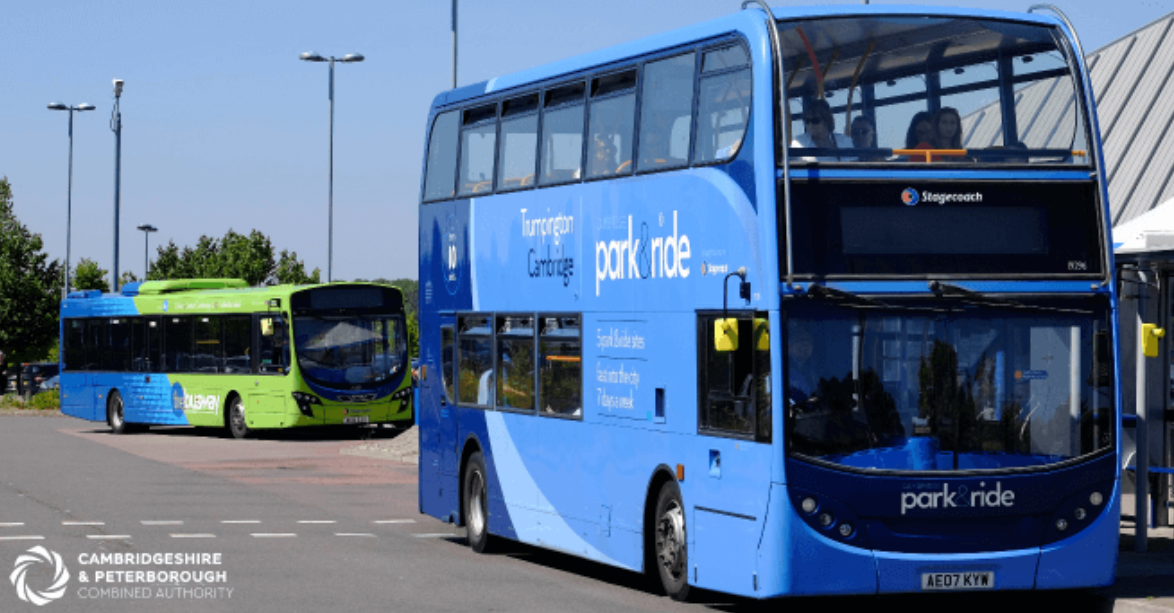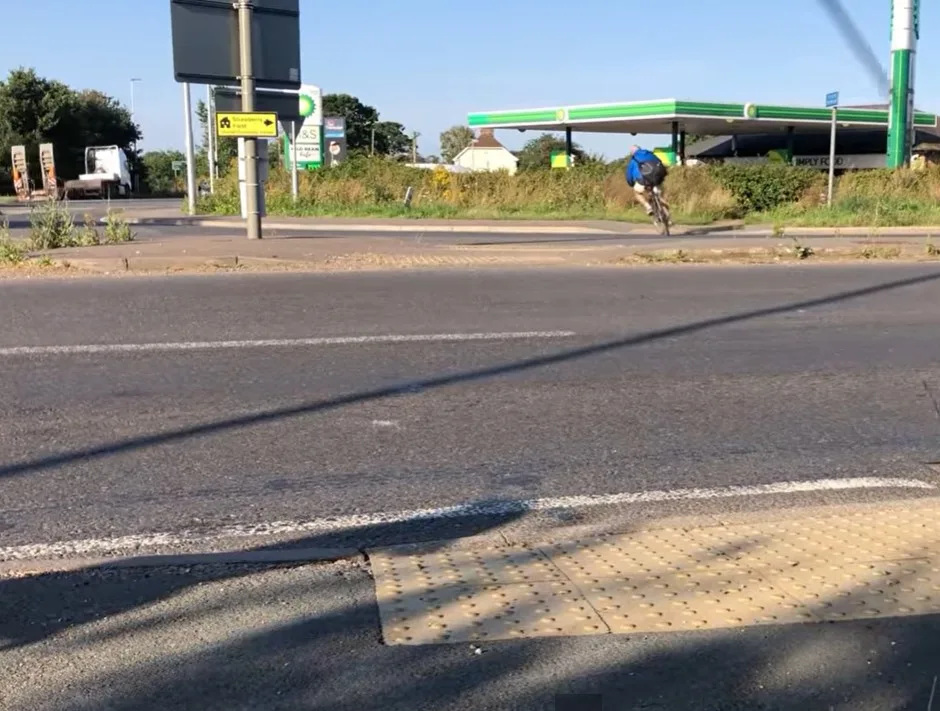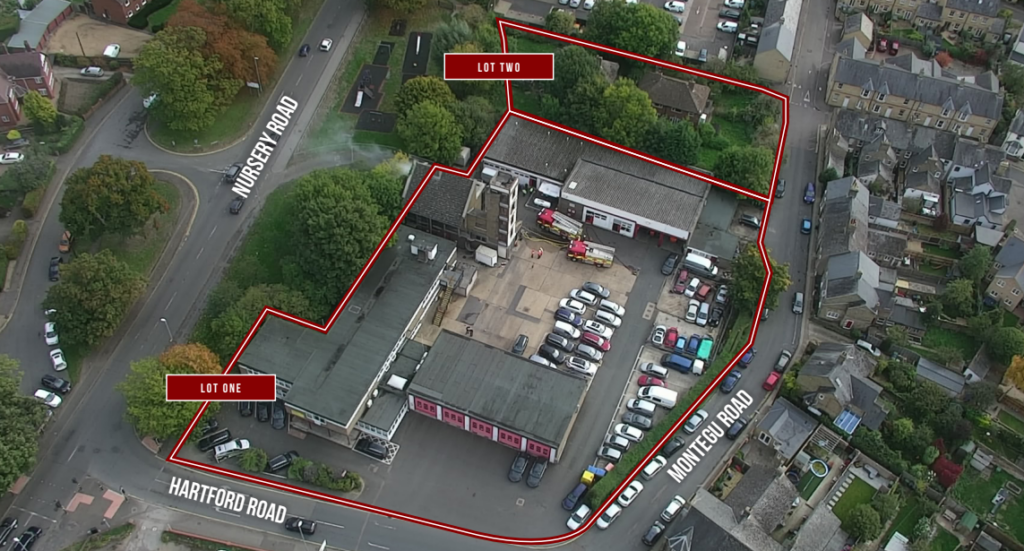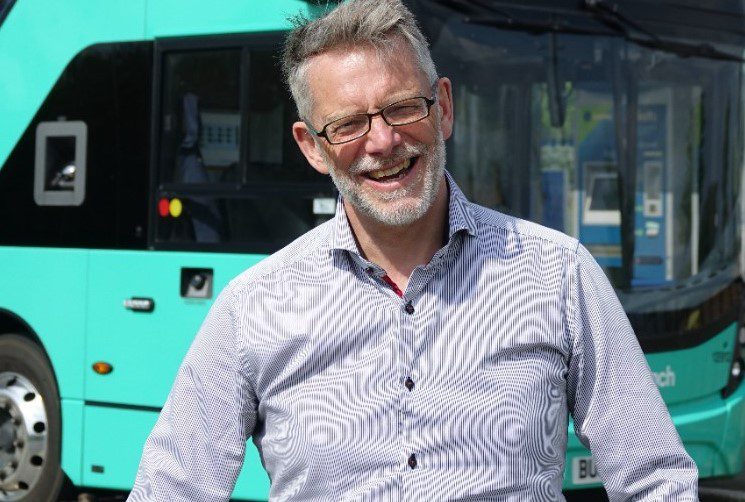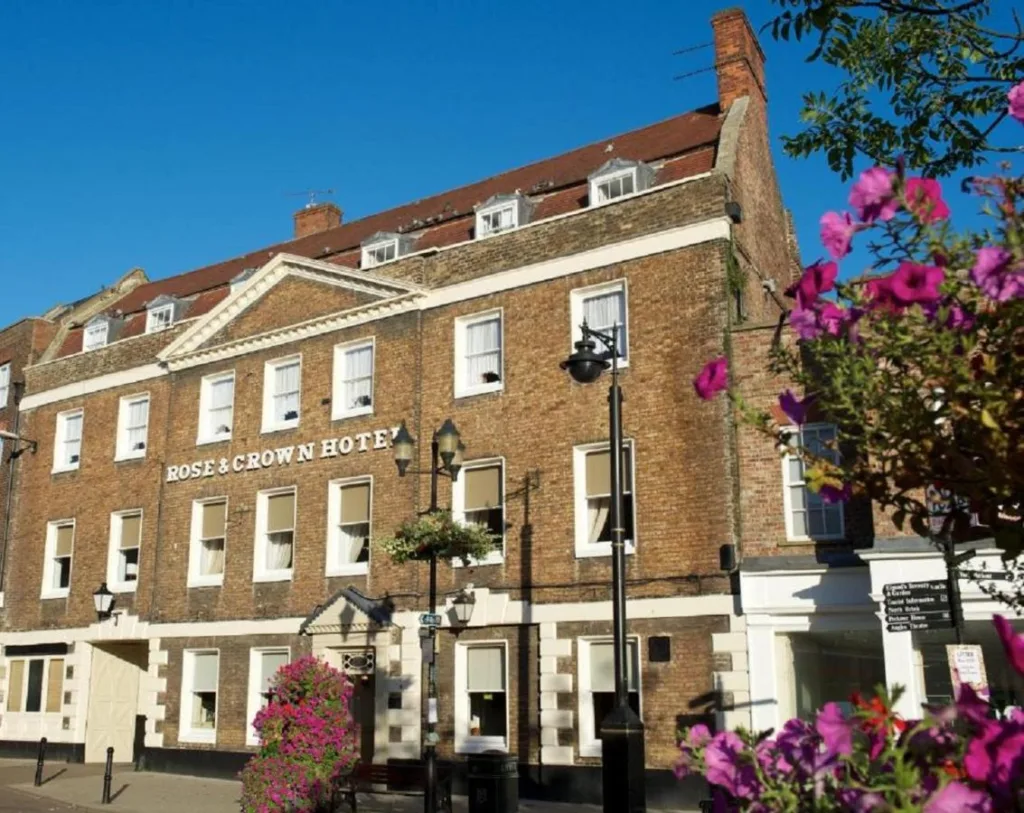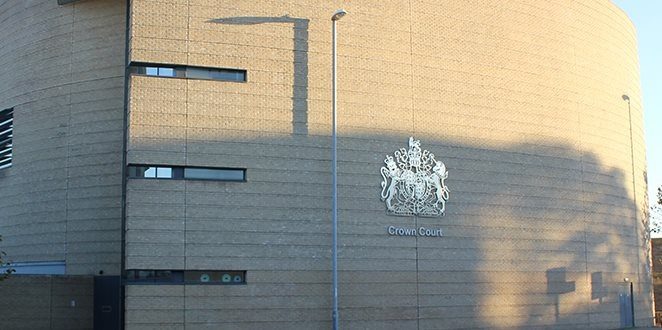Removal of Cllr Wayne Fitzgerald as leader of Peterborough City Council – and subsequent departure from the Cambridgeshire and Peterborough Combined Authority (CAPCA) – enabled a major new transport strategy to be approved today. Cllr Fitzgerald, as a unitary authority leader, had used his veto to block it twice this year but with Conservatives losing control of the city, it was left to his replacement on the board, Cllr Mohammed Farooq of Peterborough First, to agree its smooth passage at CAPCA board meeting.
The Local Transport and Connectivity Plan (LTCP) will be the guiding strategy for transport projects and policies across the region.
Its aim is to deliver a long-term strategy to make transport better, faster, greener, and more accessible for everyone in Cambridgeshire and Peterborough has been approved.
The LTCP updates the previous Local Transport Plan, approved in January 2020.
Approval of the LTCP will also release £200,000 from CAPCA to move forward plans on creating an electric bus depot in Peterborough – an offer withdrawn following Cllr Fitzgerald’s earlier veto.
‘Outrageous’ Mayor Nik Johnson delivers blow to Wayne Fitzgerald
The LTCP will support the delivery of transport improvements including:
Buses: A strategy to improve buses so that the number of passenger journeys doubles by 2030. This includes a range of improvements, from more electric buses to significant change to how services operate from the current deregulated system.
This would come in the form of either ‘enhanced partnerships’ or franchising, giving the Combined Authority much greater control over how buses operate.
Ely Area Capacity Enhancements: Working with Government to secure the funding needed to unlock the long-standing rail bottleneck.
This would free up capacity for more passenger services across Cambridgeshire and Peterborough, while also allowing for more freight and reduced lorry traffic.
Active Travel: An ambition that by 2030 at least half of all journeys in towns and cities are walked or cycled.
Investments in infrastructure will make walking, cycling, the use of mobility aids, public transport, and other new forms of mobility the natural first choice for journeys.
“Routes and timetables will link better with places of work and study, as well as shops and services,” said a CAPCA spokesperson.
“Journeys will be more seamless, allowing people to easily switch between public transport and cycling and walking.”
The LTCP will also put the region well on the way to reaching net zero carbon by 2050, where the environment is protected and where the economy grows in a sustainable way.
A key aspiration is to reduce the amount of miles driven on the region’s roads by 15%. This follows a recommendation by the Cambridgeshire and Peterborough Independent Commission on Climate.
Central to the LTCP is a shift in how people travel, especially through reduced car use and better public transport.
“That change will be driven by investment in better buses and rail, making public transport more frequent, reliable, integrated, and affordable, and where journeys are safe, comfortable, and convenient,” said the spokesperson.
Wayne Fitzgerald blames CambsNews ‘magnificent 7’ photo for transport plan veto
“Strategies to improve cycling and walking routes, linking with public transport, are also included.
“With the region having a mix of rural villages, market towns and cities, the LTCP has city and district-level strategies that recognise the different challenges and requirements and how they can all share in a better transport future.”
Mayor of Cambridgeshire and Peterborough, Dr Nik Johnson, said: “What our region’s transport system needs is nothing less than a transformation and a commitment to invest in the upgrades we need to grow sustainably and fairly.
“And we must put ourselves on track to reach net zero carbon emissions and to help reduce the impact of climate change.
“The LTCP is our strategy to bring about that transformation and support the investment needed to bring in a better transport future for everyone. I’m delighted the LTCP is now in place.”
Chair of the Business Board, Al Kingsley, said: “Local businesses need a coherent, long-term strategy for transport for the region to help with their own future planning and so its approval today by the Board is very welcome.
“In supporting this better transport future, it is important the LTCP also maintains the region’s Devolution Deal commitment to doubling the size of the Cambridgeshire and Peterborough economy by 2042. The LTCP will work alongside our local industrial strategy, the Economic Growth Strategy, to help achieve that future ambition.”
Transport plan stopped in its tracks by Peterborough City Council leader
CAPCA says it will work with Government, local councils, the Greater Cambridge Partnership, businesses, and other organisations to support delivery of transport projects.
Schemes like unlocking the rail bottleneck at Ely Junction to allow for more services and freight movement, will require significant government funding. With an up-to-date transport plan in place, the case for more funding for such projects is significantly strengthened.
The LTCP involved working closely with local councils from the start and throughout the development of the document. It also involved an initial public engagement on the key vision and priorities of the plan, followed by a 12-week public consultation.
The approved LTCP is the result of extensive input from local councils and council leaders, transport groups, businesses, the education, health and third sectors, as well as the public.
One of the aims of the LTCP is to set out potential future transport options where there is support and a good case for them – a menu of potential measures to be developed at the local level. That includes measures such as travel demand management measures and 20-minute neighbourhoods.
However, by law, these measures would need the support of the Highways Authority, which in Cambridgeshire is the County Council and in Peterborough is the City Council.
And hence why Cllr Fitzgerald was able to veto it after claiming it could pave the way for congestion charging – a claim vigorously denied.
The Local Transport and Connectivity Plan documents can be read on the Combined Authority Board meetings page: https://cambridgeshirepeterboroughcagov.cmis.uk.com/Meetings/tabid/70/ctl/ViewMeetingPublic/mid/397/Meeting/2199/Committee/63/SelectedTab/Documents/Default.aspx


